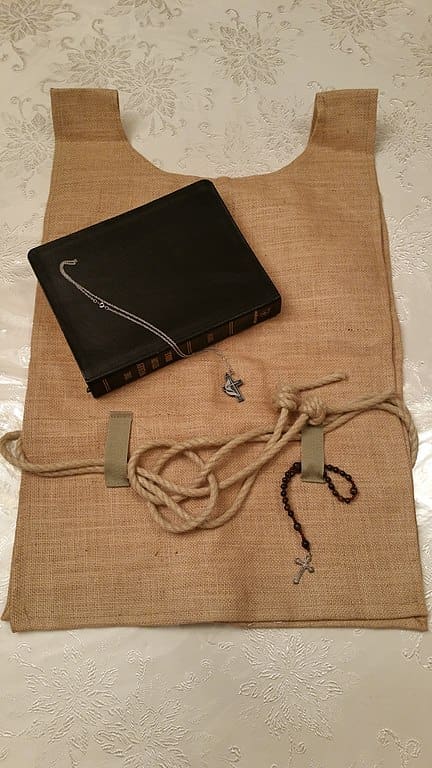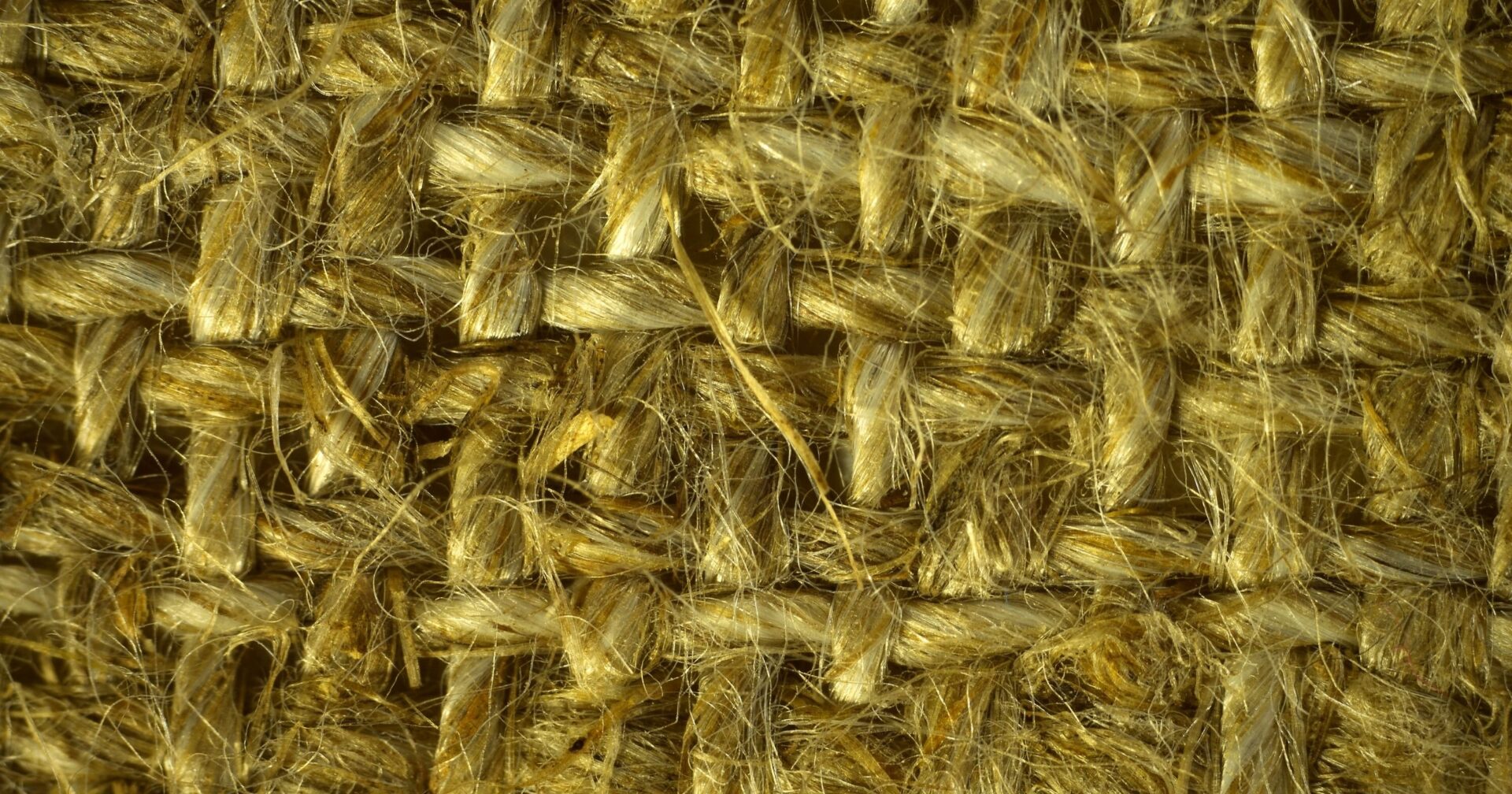Hair shirts are garments made from coarse animal hair traditionally worn as a form of penance.
The practice of wearing hair shirts dates back to early Catholic ascetics, who sought to discipline their bodies and overcome temptation through self-denial. Over time, hair shirts became a popular form of penance among the saints, including Sts. Francis of Assisi, Ignatius of Loyola and Catherine of Siena.
However, the art of making hair shirts has largely been lost over time. Once a common practice among Catholic religious orders, the tradition has all but dwindled away.
Today, very few people know how to make hair shirts. One reason for the decline of hair shirt making is the practical difficulties involved in producing them. Hair shirts are made from coarse animal hair, which must be carefully woven and sewn together to create a rough and uncomfortable fabric. The process requires great skill and patience, and few people today can do it.
Despite that, there are still a few remaining practitioners of the lost art of hair shirt making. In some monasteries and convents around the world, nuns and monks continue to create hair shirts as a form of personal devotion.
For those who do make hair shirts, the process is a deeply spiritual one. It involves a great deal of prayer and contemplation, as well as physical labor. The resulting garment is a reminder of one’s commitment to living a life of self-discipline and spiritual devotion.
But what about the relevance of hair shirts in modern times? Do they still hold a place in Catholic spirituality?
While the practice of wearing hair shirts may no longer be common, some argue that the underlying principles of self-discipline and spiritual devotion remain important. For those who seek to deepen their relationship with God through acts of penance and self-denial, the hair shirt can still serve as a powerful symbol of their commitment.
While you may never wear a hair shirt, the lost art of hair shirt making is a fascinating and little-known aspect of Catholic tradition.
















glory to Hod in the highest we beg your forgiveness O Lord have mercy on us all in Jesus Christ name amen